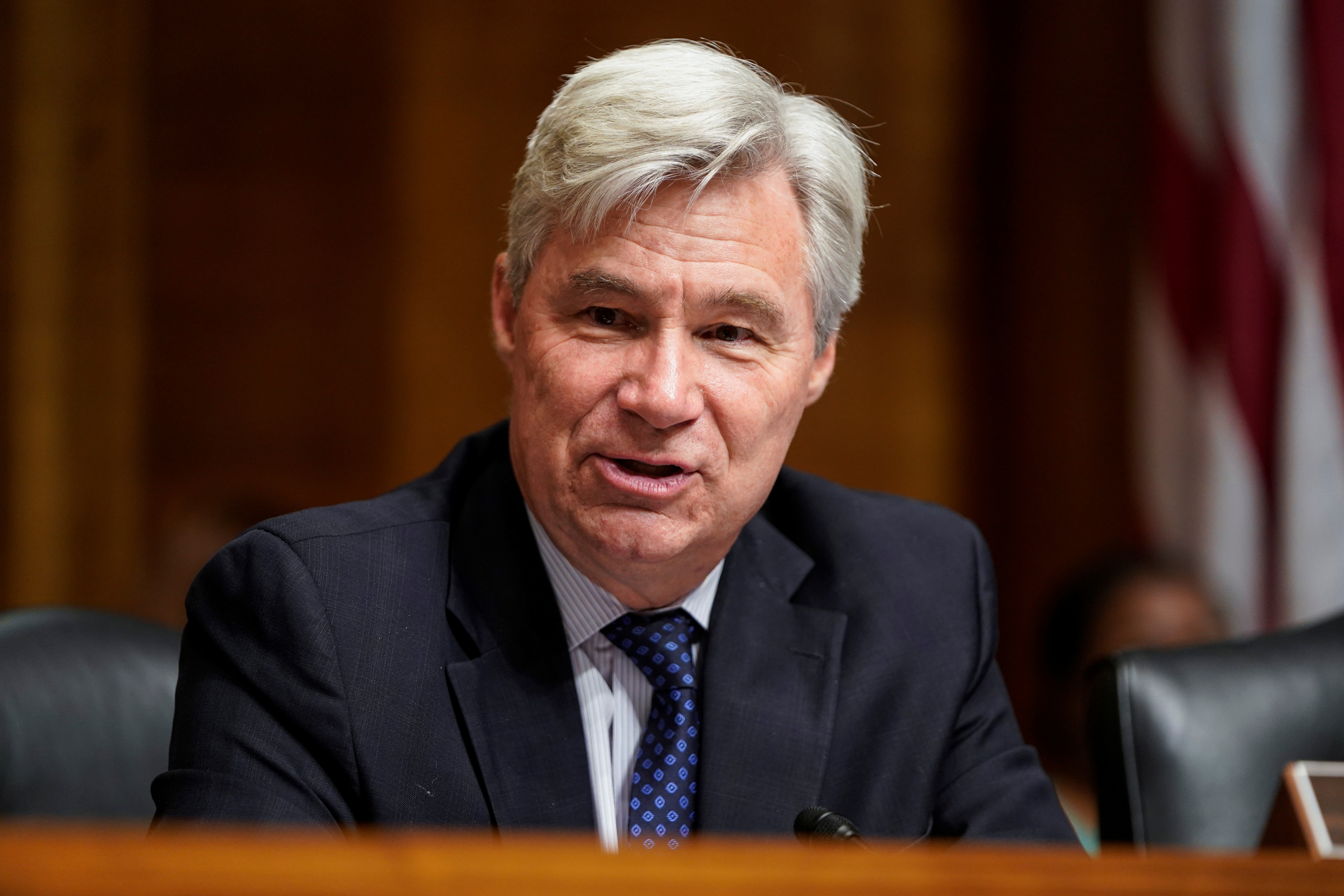
U.S. anti-corruption groups are pushing Congress to attach sweeping new money-laundering rules to a year-end bill funding the government that lawmakers aim to pass in the coming weeks, according to aides and lobbyists.
The bipartisan measure, known as the ENABLERS Act, got a boost this week when the White House publicly came out in support of the bill.
“It’s going to really matter that the administration makes absolutely clear that this is a genuine serious priority for them,” Democratic Senator Sheldon Whitehouse, one of the bill’s main sponsors, said on Wednesday.
The measure would require professionals who handle money on behalf of clients – including investment managers and some lawyers – to conduct due diligence on the funds’ origins, as banks are typically required to do.
Boosters and opponents say the measure would be the most ambitious overhaul of the nation’s money laundering framework in at least 20 years.
“The ENABLERS Act is the U.S. anti-corruption community’s top priority right now,” said Scott Greytak, director of advocacy at Transparency International’s U.S. branch.
Supporters said they hope to attach the measure to a $1.5 trillion-plus “omnibus” funding bill. The initial deadline for that is Dec. 16, though lawmakers could extend it through a short-term continuing resolution, a possibility which appears increasingly likely.
Failing that, a standalone bill is possible next year, though that could be tougher in a divided Congress with a Republican-controlled House and a Democratic-controlled Senate.
Groups from Ukraine, Belarus, Georgia and elsewhere have thrown their support behind the measure, according to an October letter to congressional leaders seen by Reuters. These groups see ENABLERS as a way to cut illicit Russian capital out of the U.S. financial system.
Industry associations counter that it would create onerous requirements for small businesses who never cross paths with Russian oligarchs or narcotics kingpins. Bar associations argue that lawyers would be obligated to share potentially privileged information about their clients with the government.
Organizations that have lobbied against the bill, according to lobbying disclosures, include cryptocurrency exchange Coinbase and auction house operator Sotheby’s.
Retiring Republican Senator Pat Toomey, who has expressed skepticism about the measure, said it should not be tacked onto a spending bill – a legislative shortcut – and should instead be considered on a stand-alone basis.

